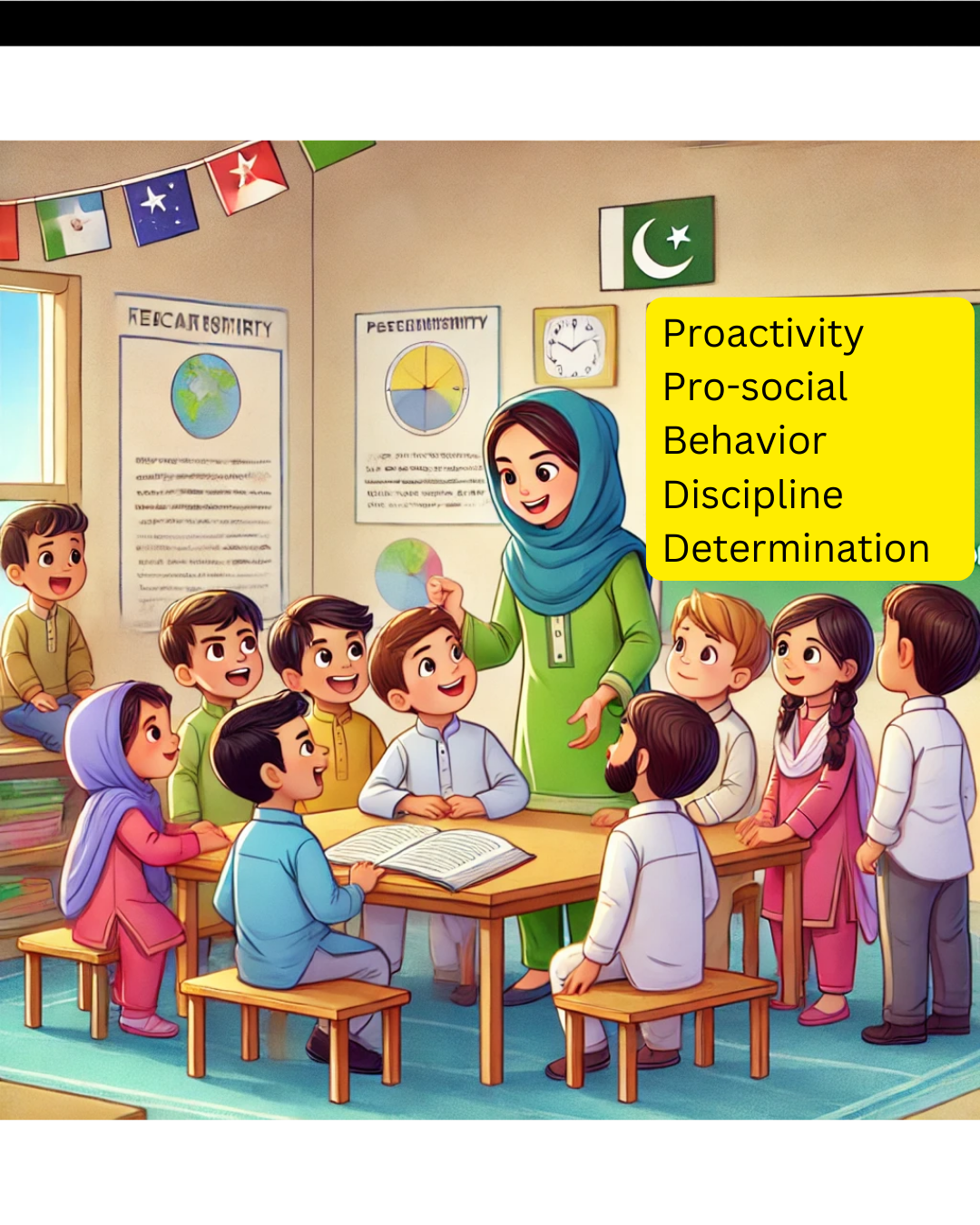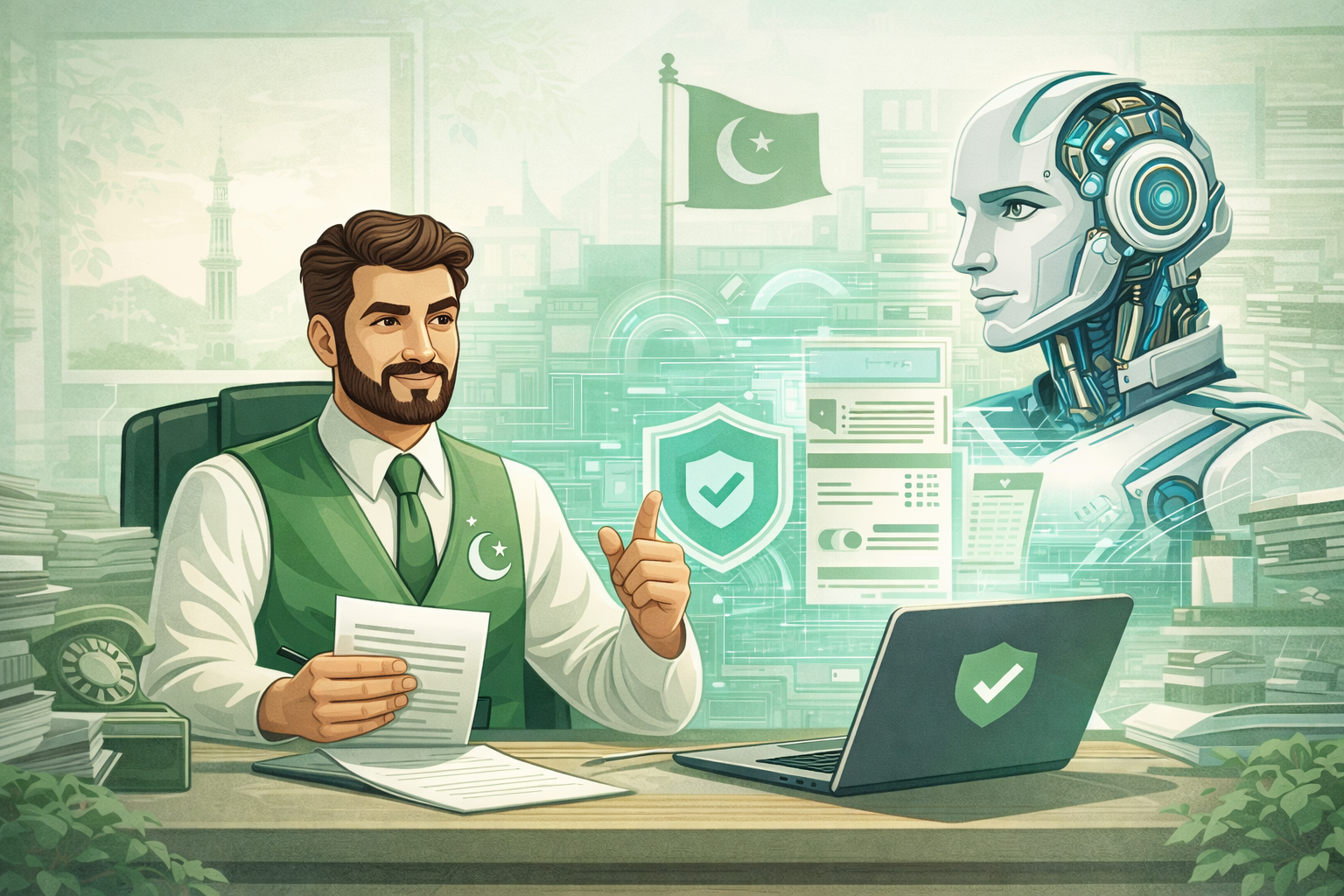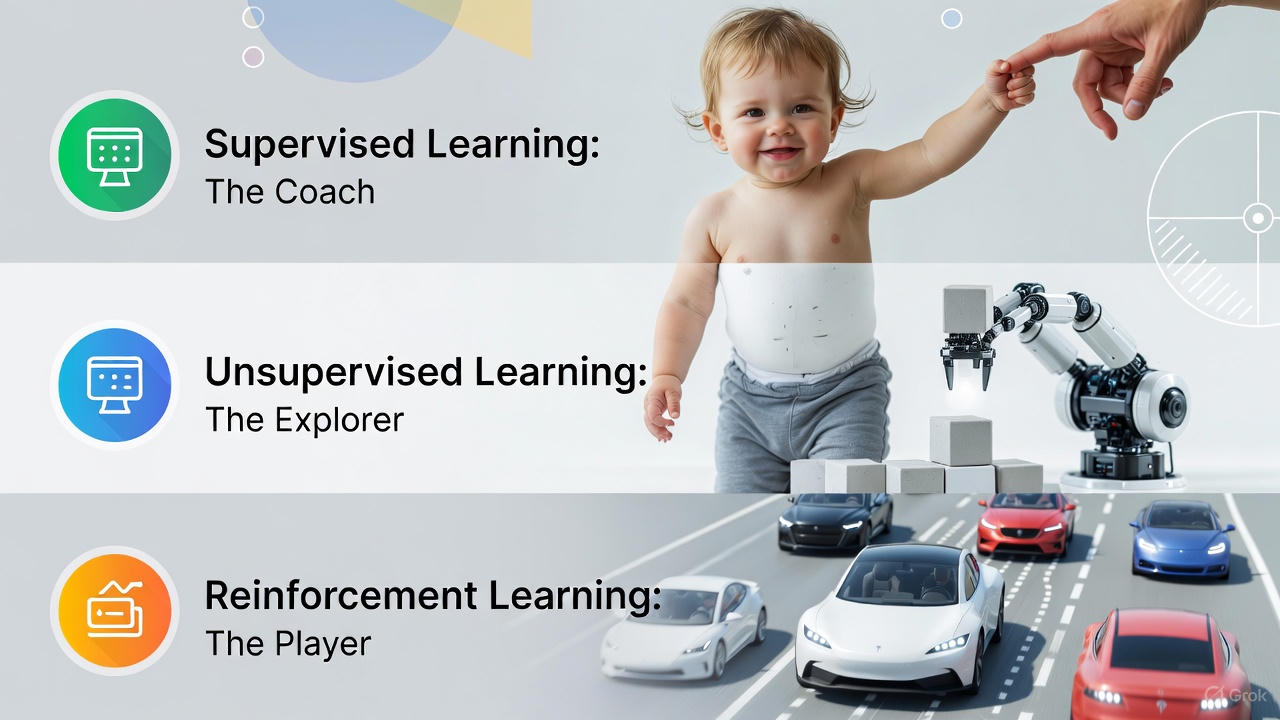In the 1960s, the U.S. military was deeply engaged in war exercises, trying to determine the skills necessary for battlefield success. Soldiers were trained in handling weapons, operating tanks, and executing strategic maneuvers—these were classified as ‘hard skills.’ However, over time, military experts recognized the importance of teamwork, leadership, and adaptability—skills that were unfortunately labeled as ‘soft skills.’ The term ‘soft’ made these abilities seem weak or secondary, and eventually, the military even removed them from their manuals.
Yet, today, the world is waking up to the fact that these so-called soft skills are becoming the most valuable assets. The future demands a new kind of expertise—one that goes beyond technical knowledge and sharp cognitive abilities. Let me take you on a journey into this world of the future, where intelligence alone will no longer be enough.
The Rise of AI: Replacing Cognitive Skills
Cognitive skills—such as reasoning, problem-solving, language processing, decision-making, and memory—have traditionally been seen as the defining strengths of human intelligence. However, AI is rapidly taking over these functions. Today, AI designs buildings, creates art, drives cars, pilots planes, and even performs surgeries. In warfare, AI strategizes battles. If AI can now do what was once considered uniquely human, where does that leave us?
Think about this: In just 10 years, experts predict that one billion humanoid robots will be integrated into our lives. If the global population is around 7 billion, this means nearly every household will have a robot. These machines will handle many of the tasks we currently do ourselves. The question then arises—what will humans have left to offer?
The Unexpected Advantage: What AI Cannot Do
For centuries, humans measured intelligence by comparing themselves to animals. We prided ourselves on our cognitive superiority, which allowed us to build civilizations. But now, with AI outperforming us in many of these areas, we need a new perspective. If intelligence alone is no longer a competitive advantage, what is?
The answer lies in character traits—qualities AI cannot replicate. These include:
- Empathy – Understanding and responding to human emotions.
- Integrity – Making ethical decisions even when no one is watching.
- Resilience – The ability to bounce back from failures.
- Collaboration – Building trust and working with others.
- Fairness – The ability to be just and unbiased.
- Creativity – Thinking beyond structured patterns.
Organizations and think tanks, such as the World Economic Forum, are now focusing on these traits as the key to future success. The leaders of tomorrow won’t just be those who are highly intelligent; they’ll be those who possess strong character and moral values.
The Proof: A Groundbreaking Study
To further understand the importance of character, let’s look at an incredible study conducted by economist Raj Chetty. His research spanned several years, involving 11,000 students across 79 underprivileged schools. These students were randomly assigned teachers, and their progress was tracked over time.
As they grew up, some students became highly successful professionals with well-paying jobs. Chetty and his team traced their success back to their early schooling. Surprisingly, they found that it wasn’t superior intelligence that set these students apart. Instead, their success was linked to the quality of their preschool and early-grade teachers. The best teachers didn’t just focus on academics; they shaped their students’ personalities and behaviors.
The Four Traits That Predict Success
Through this research, four key character traits were identified as the strongest predictors of future success:
- Proactivity – The ability to take initiative, plan ahead, and seek knowledge beyond what is taught in class. Successful students were those who asked questions, prepared in advance and engaged with the material voluntarily.
- Pro-social Behavior – The ability to build strong relationships, collaborate, and work effectively in teams. These students didn’t isolate themselves; they learned and thrived in social settings.
- Discipline – The ability to stay focused, follow through on tasks, and avoid distractions. Students who excelled had a strong sense of self-control and commitment.
- Determination – The ability to persist despite challenges. When faced with obstacles, they found solutions, sought help when necessary, but never gave up.
The Future of Work: Character Over Intelligence
As AI continues to take over cognitive tasks, the hiring process will evolve. In the future, employers may not ask technical questions in job interviews, because AI can already solve those problems better than humans. Instead, they will assess character. They will look for employees who are honest, kind, determined, and ethical.
Think about it: No company wants to hire a dishonest person, no matter how intelligent they are. Organizations need leaders who inspire trust and fairness. This shift means that schools, colleges, and workplaces must prioritize character development over academic excellence.
The Call to Action: Raising Future-Ready Individuals
The world is changing, and we must change with it. If we continue raising children with an outdated education system focused solely on intelligence, we are preparing them for a past that no longer exists. Instead, we must nurture character—teaching children to be proactive, socially responsible, disciplined, and determined.
The future belongs to those who combine intelligence with integrity, knowledge with kindness, and skills with ethics. AI may be powerful, but it lacks a soul. And in the end, that is our greatest advantage.
So, if you want to be relevant in the age of AI, don’t just work on becoming smarter—work on becoming a better person. Because the leaders of tomorrow will not be the most intelligent, but the most trustworthy and kind-hearted.




Leave a Reply